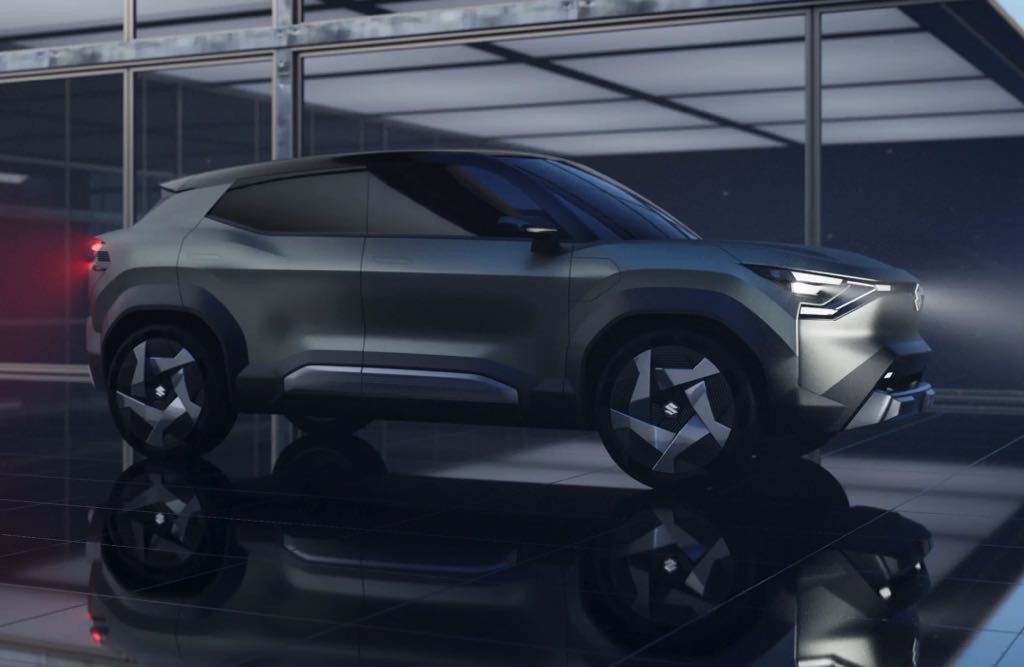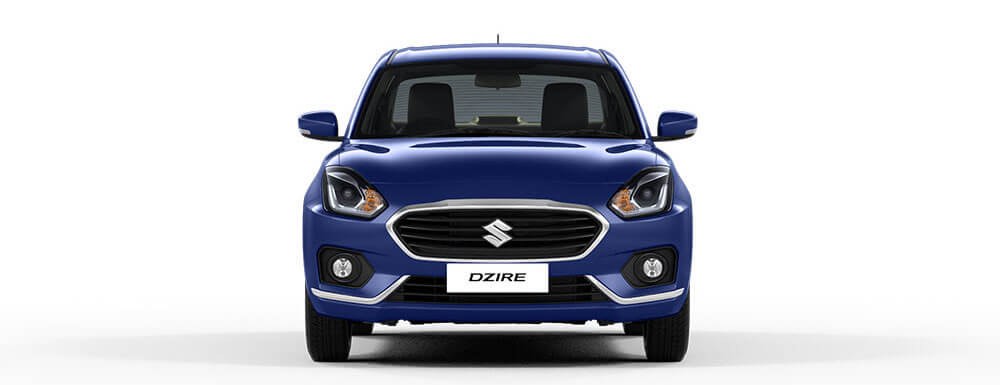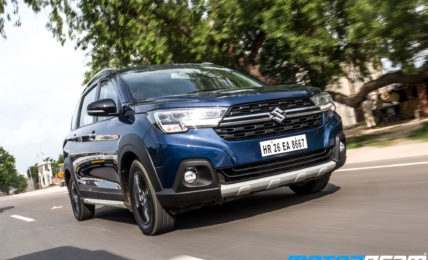
Maruti Suzuki has started surveying their dealership network for charging stations
Maruti Suzuki India is gearing up for the launch of its first electric vehicle, the eVX, in January 2025. To support this transition into the electric vehicle market, the automaker plans to establish around 25,000 EV charging points across the country. The move is part of a broader strategy to address concerns over charging infrastructure, which has been a significant hurdle in EV adoption in India.
Building a Robust Charging Ecosystem
In an effort to create a seamless charging experience for its customers, Maruti Suzuki will tap into its extensive network of over 5100 service centres across 2300 cities. The company is also in advanced talks with oil marketing companies and energy firms to set up charging stations.
They have started surveying their dealer workshops for charging points and the goal is to have at least one dedicated bay and two charging points at each service centre. Maruti has also begun training its mechanics in Bengaluru to ensure they are well-prepared to service electric vehicles.
Discussions with OMCs such as Indian Oil, Bharat Petroleum and Hindustan Petroleum are reportedly underway to reserve space for EV charging stations at retail fuel outlets. Collectively, these companies operate over 81,000 retail outlets across India, giving Maruti the opportunity to significantly expand its charging infrastructure.
Preparing for the Maruti eVX Launch
Expected to be priced between Rs. 20-25 lakhs (ex-showroom), the midsize eVX SUV is expected to sell around 3000 units in the first three months post-launch. The vehicle will be produced at Maruti Suzuki’s Gujarat plant and will be available through its premium Nexa outlets.
This SUV is just the beginning for Maruti Suzuki, as the company plans to introduce up to six new electric models over the next six to seven years. Hisashi Takeuchi, Managing Director of Maruti Suzuki, emphasised that the company is focused on addressing the challenges associated with EV ownership. “We will come up with a range of solutions for our EV customers to remove their concerns about owning an EV,” Takeuchi said at the 64th Annual Convention of the Society of Indian Automobile Manufacturers (SIAM).
Addressing Key Challenges in the EV Market
The push for charging infrastructure comes at a critical time. Despite growing interest, EV sales in India have recently seen a dip, with August marking an eight-month low of 6335 units sold, down 10% from the previous year. Challenges such as range anxiety, high upfront costs and a lack of reliable charging infrastructure have been cited as factors in this decline.
Maruti Suzuki’s approach mirrors that of other automakers. For instance, Tata Motors, India’s EV market leader, has installed 5600 public charging points, while its sister company Tata Power has set up over 1,00,000 home charging stations. By focusing on building a robust network before its first EV launch, Maruti aims to ease the transition for potential customers and ensure that the necessary infrastructure is in place to support long-term EV growth.
A Step Towards Sustainable Mobility
As India continues its shift towards electric mobility, Maruti Suzuki’s initiative highlights the importance of a well-established charging network. The company’s large-scale plan to install 25,000 charging points is a significant step in boosting customer confidence and addressing the primary barriers to EV adoption. With the eVX leading the charge, Maruti Suzuki is positioning itself as a key player in India’s evolving EV market.





